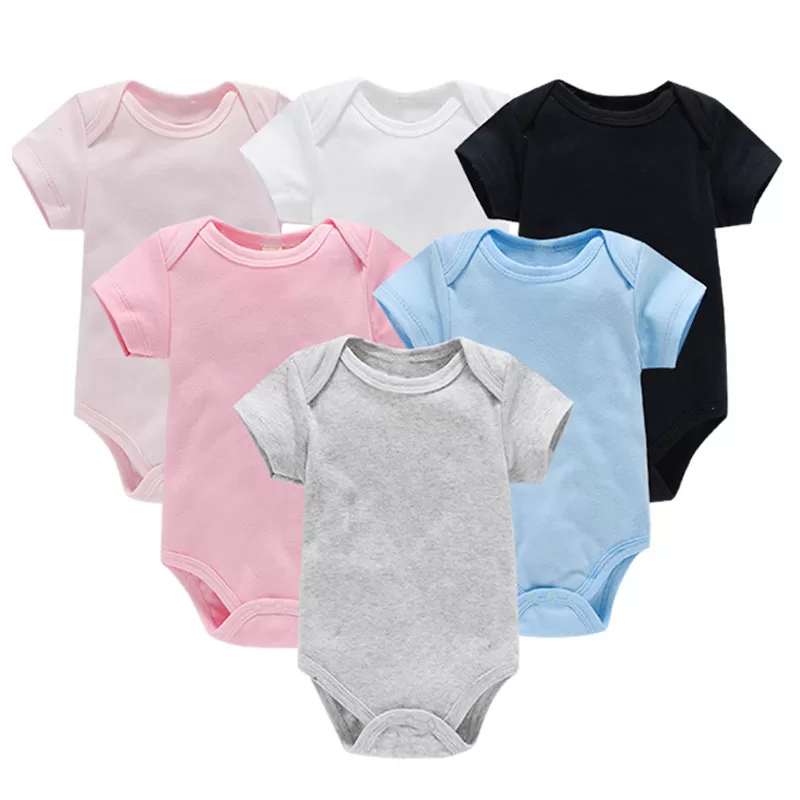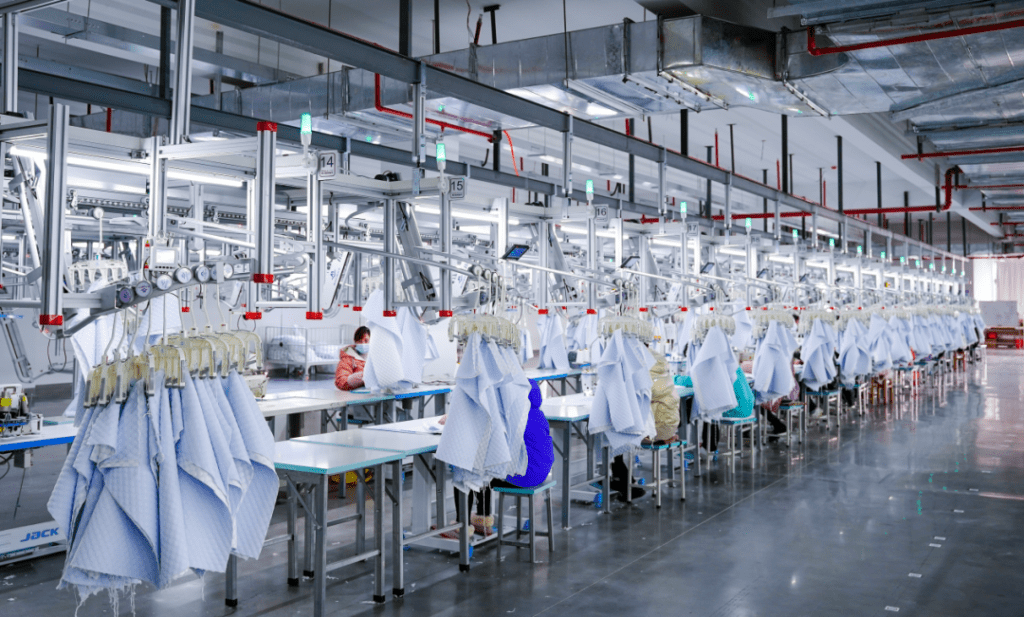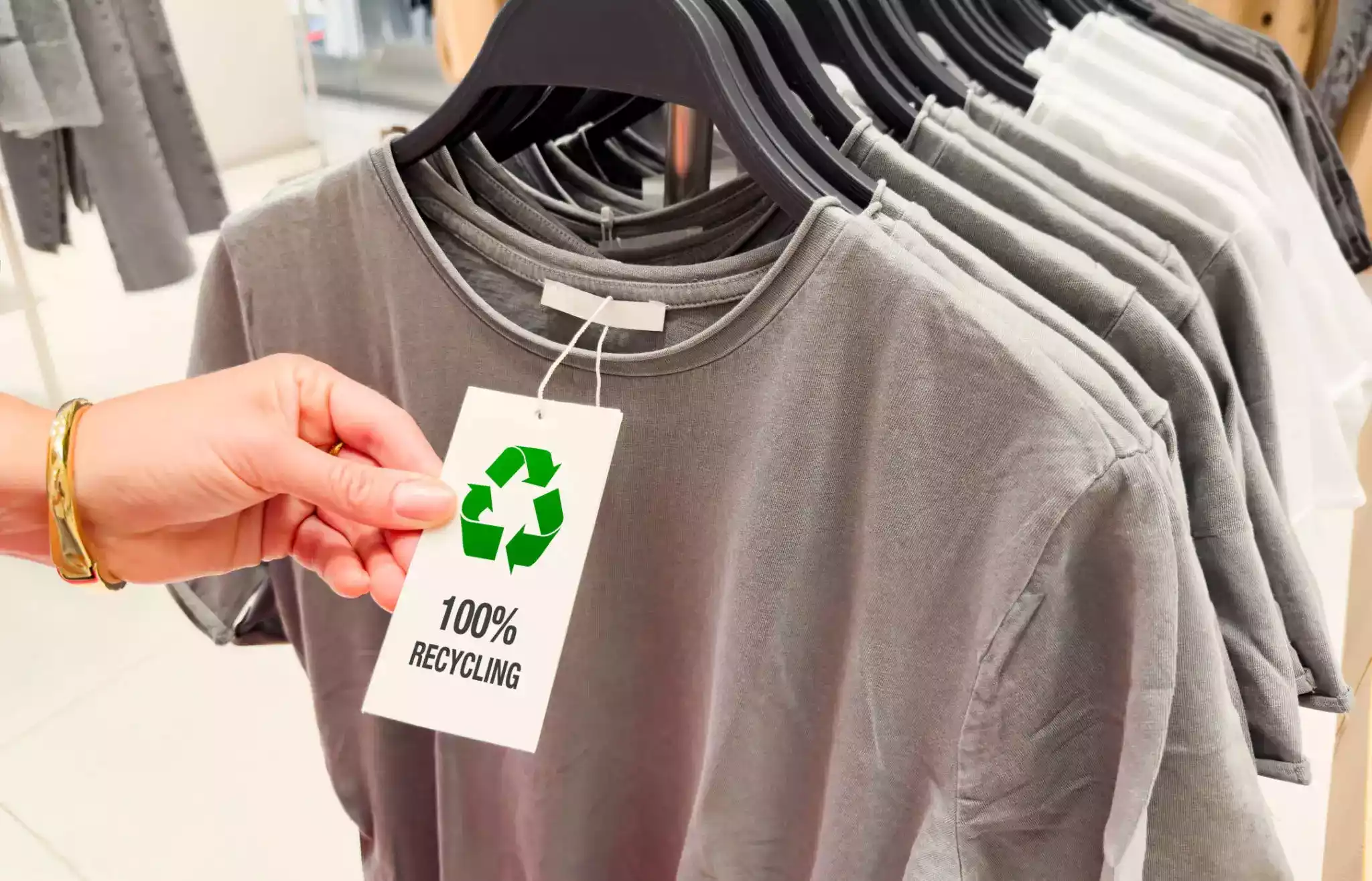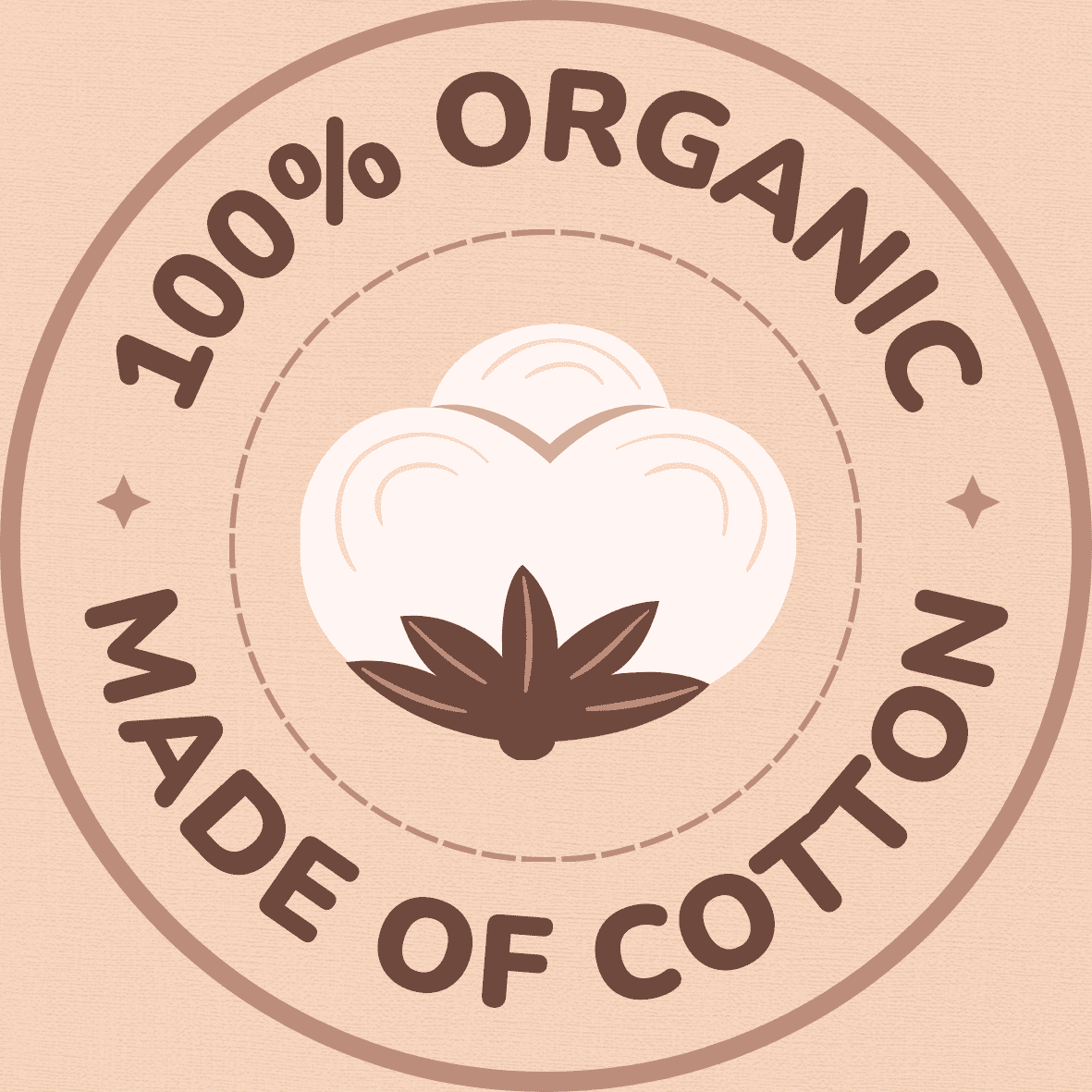Embrace sustainable fashion by partnering with clothing manufacturers that prioritize eco-friendly practices and materials.
Sustainable Fashion: The Future of Clothing Manufacturing
As the world becomes more aware of the environmental impact of the fashion industry, sustainable clothing manufacturers are leading the way in revolutionizing the future of clothing manufacturing. These manufacturers prioritize ethical and eco-friendly practices throughout every stage of production, from sourcing sustainable materials to implementing energy-efficient manufacturing processes. By taking a proactive approach to reducing their carbon footprint, these brands are setting the standard for a more sustainable future in fashion.
In addition to championing environmental sustainability, sustainable clothing manufacturers also prioritize fair labor practices. They ensure that their workers are paid fair wages, provided safe working conditions, and are treated with respect and dignity. By supporting these responsible manufacturers, consumers can contribute to improving the lives of garment workers and promote ethical labor practices within the fashion industry. With the collaboration between sustainable clothing manufacturers and conscious consumers, the future of clothing manufacturing is gradually shifting towards a more sustainable and socially responsible approach.
The Environmental Impact of the Fashion Industry

As one of the largest industries globally, the fashion industry has a significant environmental impact. The production of clothing involves various stages, from the cultivation of raw materials to the manufacturing process and transportation. Unfortunately, these steps often contribute to pollution, resource depletion, and waste generation. For instance, the extensive use of water, chemicals, and energy in textile production, especially in the fast fashion sector, has led to water contamination and greenhouse gas emissions. Additionally, the disposal of garments, stimulated by the trend of disposable fashion, has resulted in overflowing landfills and the release of harmful substances into the environment.
To combat these environmental challenges, there is a rising demand for sustainable clothing manufacturing practices. Many consumers are now seeking out custom clothing manufacturers and sustainable manufacturers who prioritize eco-friendly and ethical production methods. These manufacturers are committed to reducing their environmental footprint by embracing innovative approaches such as using organic and recycled materials, implementing water and energy-saving techniques, and ensuring responsible waste management. By supporting these sustainable practices, consumers can help mitigate the detrimental impact of the fashion industry on the environment. However, addressing the environmental issues in the fashion industry requires a collaborative effort from all stakeholders, including manufacturers, retailers, policymakers, and, most importantly, consumers.
Prominent Sustainable Clothing Manufacturers
In the realm of sustainable fashion, several key players have emerged as prominent sustainable clothing manufacturers for small businesses. These manufacturers have made it their mission to produce high-quality garments while minimizing their environmental impact. One such company is a small boutique clothing manufacturer based in Europe. With a focus on ethical, sustainable practices, this manufacturer uses organic fibers and natural dyes to create clothing that is not only eco-friendly but also fashionable. Their dedication to sustainability has earned them a reputation for being a leader in the industry.
In addition to this small business, there are also larger sustainable clothing manufacturers based in Europe that have gained recognition for their commitment to eco-friendly practices. These manufacturers have adopted innovative techniques in textile production, such as utilizing recycled materials and implementing water-saving methods. By embracing sustainable manufacturing processes, they are able to minimize waste and reduce their carbon footprint. These companies are not only leading the way in sustainable fashion but also setting new standards for the industry as a whole.
Innovations in Sustainable Textile Production
In the quest for a more sustainable fashion industry, innovations in sustainable textile production have become paramount. As consumers and clothing manufacturers become more conscious of their environmental impact, there has been a growing demand for textiles that are produced using eco-friendly methods. In response to this demand, several sustainable clothing manufacturers in the USA have emerged as pioneers in the field.
One of the most sustainable clothing manufacturers in the USA is renowned for their innovative approaches to textile production. This manufacturer has implemented cutting-edge technologies that minimize the use of water, energy, and harmful chemicals in the manufacturing process. By utilizing recycled materials and organic fibers, they are able to create high-quality textiles with minimal environmental impact. Their commitment to sustainable practices extends beyond the production phase, as they also provide transparent information about their supply chain and ensure fair labor practices. Overall, these innovations in sustainable textile production are revolutionizing the fashion industry by offering environmentally friendly options to consumers.
The Role of Consumer Demand in Driving Sustainable Fashion
As our society becomes more aware of the environmental impact of the fashion industry, consumer demand has played a pivotal role in driving the growth of sustainable fashion. With the rise of eco-conscious consumers, many are actively seeking out clothing brands that prioritize ethical and sustainable practices. This has led to an increase in the number of sustainable clothing manufacturers in cities like New York City and the United Kingdom, where companies are dedicated to producing garments using eco-friendly materials and processes. These manufacturers have recognized the importance of meeting consumer demands and have shifted their focus towards sustainability, challenging traditional ways of clothing manufacturing.
Sustainable clothing manufacturers in cities like New York City and the United Kingdom have become leaders in the industry, responding to the growing demand for eco-friendly fashion. These manufacturers are committed to reducing the environmental impact of clothing manufacturing while ensuring fair labor practices. They strive to use sustainable materials, such as organic cotton or recycled fabrics, and implement innovative production processes that minimize waste and harmful emissions. By doing so, they not only address the concerns of conscious consumers but also set a precedent for other fashion brands to follow. As consumer demand continues to drive the growth of sustainable fashion, these manufacturers will play a crucial role in shaping the future of clothing manufacturing.
The Challenges of Implementing Sustainable Practices in the Fashion Industry
The fashion industry has gradually recognized the need to embrace sustainable practices, yet it still faces numerous challenges in the implementation stage. One key challenge is finding sustainable clothing manufacturers that can meet the demands of the market. While there is a growing number of sustainable clothing manufacturers in countries like Australia and Canada, scaling up production to meet mass-market needs remains a significant hurdle. The sustainable fashion movement depends on the availability of eco-friendly materials, fair labor practices, and transparent supply chains. Establishing a network of reliable and reputable manufacturers that adhere to these principles is an ongoing challenge for the fashion industry.
Another challenge lies in the cost implications of adopting sustainable practices. While sustainable materials and production processes may be more environmentally friendly, they often come with higher price tags compared to conventional alternatives. This poses a dilemma for fashion brands, as they need to balance the desire to reduce their environmental impact with the economic viability of their products. Additionally, the shift towards sustainability requires significant investments in research and development, supply chain restructuring, and retraining of workforce, all of which can place considerable financial strain on companies. As such, finding viable and economically sustainable solutions that address both environmental and financial aspects remains a major challenge in implementing sustainable practices in the fashion industry.
• Finding sustainable clothing manufacturers that can meet market demands is a challenge
• Scaling up production to meet mass-market needs is difficult for many sustainable clothing manufacturers
• The availability of eco-friendly materials, fair labor practices, and transparent supply chains are essential for the sustainable fashion movement
• Establishing a network of reliable and reputable manufacturers adhering to these principles is an ongoing challenge in the fashion industry
• Sustainable materials and production processes often come with higher price tags compared to conventional alternatives
• Fashion brands need to balance reducing their environmental impact with the economic viability of their products
• Significant investments in research and development, supply chain restructuring, and retraining of workforce are required for sustainability implementation
• These investments can place considerable financial strain on companies
Overall, implementing sustainable practices in the fashion industry faces challenges related to finding suitable manufacturers, ensuring eco-friendly materials and fair labor practices, managing costs implications while maintaining economic viability.
Sustainable Materials: A Key Component of Eco-Friendly Clothing

Sustainable materials play a crucial role in the production of eco-friendly clothing. As consumers become more conscious about the environmental impact of the fashion industry, there is a growing demand for clothing that is made from sustainable and ethical materials. Fortunately, there are numerous sustainable clothing manufacturers around the world that are dedicated to producing eco-friendly fashion.
For instance, many sustainable clothing manufacturers in China have emerged as leaders in the industry, offering a wide range of clothing options made from sustainable materials such as organic cotton, hemp, and recycled fabrics. These manufacturers prioritize ethical practices throughout their supply chains, ensuring fair treatment of workers and minimizing the use of harmful chemicals in the production process. By choosing clothing made from sustainable materials, consumers can actively contribute to a more environmentally responsible fashion industry.
Supporting Ethical Labor Practices in Sustainable Clothing Manufacturing
Supporting ethical labor practices in sustainable clothing manufacturing is paramount in ensuring a responsible and humane fashion industry. As consumers become more aware of the social and environmental impact of their purchases, there is a growing demand for brands that prioritize fair labor conditions. Canadian sustainable clothing manufacturers have been at the forefront of this movement, championing ethical practices and transparency in their production processes. By collaborating with these manufacturers, consumers can contribute to the betterment of workers’ lives and promote a more sustainable fashion landscape.
Finding sustainable clothing manufacturers that prioritize ethical labor practices can be a daunting task, but with the right approach, it is possible to make informed choices. One key aspect to consider is the use of certifications and labels that validate a brand’s commitment to ethical manufacturing processes. Look for certifications such as Fair Trade, which ensures workers are paid fair wages and operate in safe working conditions. Additionally, conducting thorough research on a brand’s values and supply chain can provide useful insights into their labor practices. Engaging in discussions, both online and offline, with like-minded individuals who prioritize ethical fashion can also be a valuable resource in discovering reputable sustainable clothing manufacturers.

The Importance of Transparency in Sustainable Fashion Brands
In the world of sustainable fashion, transparency plays a crucial role in establishing trust and accountability between clothing manufacturers and consumers. When it comes to choosing the best sustainable clothing manufacturers, transparency becomes even more significant. Consumers are increasingly concerned about the environmental and ethical impact of their clothing choices, and they want to support brands that align with their values.
Australian sustainable clothing manufacturers have been at the forefront of promoting transparency in the fashion industry. These brands understand that being open about their production processes, materials used, and labor practices is essential to building a sustainable and ethical reputation. By providing detailed information about their supply chains and manufacturing practices, these brands empower consumers to make informed choices and verify the claims made by the company. Transparency allows consumers to have confidence in the brands they are supporting, knowing that they are contributing to a sustainable future.
How to Incorporate Sustainable Fashion Into Your Wardrobe
One way to incorporate sustainable fashion into your wardrobe is by supporting sustainable private label clothing manufacturers. These manufacturers specialize in producing eco-friendly and ethically-made clothing that minimizes harm to the environment and promotes fair labor practices. By purchasing from these brands, you can feel confident knowing that your clothing is produced with sustainability in mind.
When searching for sustainable private label clothing manufacturers, do your research to ensure they meet your ethical and environmental standards. Look for brands that use organic and sustainable materials, such as organic cotton or recycled fabrics. Additionally, consider brands that prioritize transparent supply chains and fair wages for their workers. By making conscious choices and supporting these manufacturers, you can contribute to creating a more sustainable fashion industry.
What is sustainable fashion?
Sustainable fashion refers to clothing and accessories that are produced in an environmentally and socially responsible manner, with the aim of minimizing their negative impact on the planet and ensuring fair treatment of workers throughout the supply chain.
Why is sustainable fashion important?
Sustainable fashion is important because the traditional fashion industry has a significant environmental and social impact. By supporting sustainable fashion, we can help reduce pollution, conserve resources, promote ethical labor practices, and contribute to a more sustainable future.
How does the fashion industry impact the environment?
The fashion industry has a substantial environmental impact due to factors such as excessive water usage, chemical pollution from dyeing and fabric treatments, carbon emissions from transportation, and the generation of textile waste in landfills.
Who are some prominent sustainable clothing manufacturers?
Some prominent sustainable clothing manufacturers include Patagonia, Eileen Fisher, Stella McCartney, Reformation, and Everlane. These brands prioritize sustainability in their production processes and materials.
What are some innovations in sustainable textile production?
Innovations in sustainable textile production include the use of recycled fibers, bio-based materials, and innovative manufacturing techniques that reduce water and energy consumption. Additionally, advancements in textile recycling and upcycling are also contributing to a more sustainable industry.
How does consumer demand drive sustainable fashion?
Consumer demand plays a crucial role in driving sustainable fashion. As more consumers become aware of the environmental and social issues associated with the fashion industry, there is a growing demand for eco-friendly and ethically produced clothing. This demand encourages brands to adopt sustainable practices to meet consumer preferences.
What are the challenges of implementing sustainable practices in the fashion industry?
Some challenges of implementing sustainable practices in the fashion industry include the high costs of sustainable materials and production processes, the need for supply chain transparency, and the resistance to change within the industry. Additionally, educating consumers about the importance of sustainable fashion can also be a challenge.
What are sustainable materials and why are they important?
Sustainable materials are materials that are produced with minimal environmental impact and can be regenerated or recycled. Examples include organic cotton, hemp, bamboo, and recycled polyester. Sustainable materials are important in fashion because they help reduce resource consumption, pollution, and waste throughout the product lifecycle.
How can I support ethical labor practices in sustainable clothing manufacturing?
You can support ethical labor practices in sustainable clothing manufacturing by choosing brands that have transparent supply chains and prioritize fair wages, safe working conditions, and workers’ rights. Look for certifications such as Fair Trade, GOTS (Global Organic Textile Standard), or B Corp to ensure ethical practices.
Why is transparency important in sustainable fashion brands?
Transparency is important in sustainable fashion brands because it allows consumers to make informed choices and hold brands accountable for their environmental and social practices. Transparent brands openly share information about their supply chains, manufacturing processes, and certifications, fostering trust and promoting sustainability.
How can I incorporate sustainable fashion into my wardrobe?
To incorporate sustainable fashion into your wardrobe, you can start by buying fewer but higher-quality clothing items, choosing second-hand or vintage pieces, and supporting sustainable brands. Additionally, consider clothing rental services, clothes swapping with friends, or learning basic mending and upcycling skills to extend the life of your garments.




